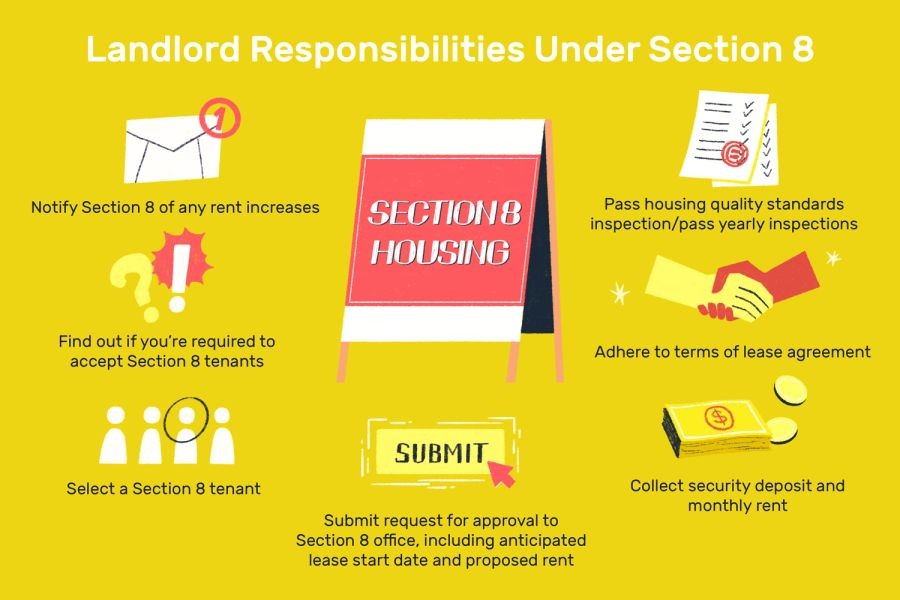In recent years, New Zealand's housing market has been a hotbed of activity, capturing the attention of investors, policymakers, and everyday Kiwis alike. With the rapid changes in property prices and shifting demographic trends, the future of this sector is more crucial than ever. As we look ahead, understanding the potential trajectory of the housing market over the next decade could offer both opportunities and challenges for strategic business consultants and investors.
By analyzing data from authoritative sources such as Stats NZ and the Reserve Bank of New Zealand, we've identified five key predictions that could define the landscape of New Zealand's housing market in the coming years. These insights will not only help you navigate complex market dynamics but also equip you with actionable strategies to capitalize on emerging trends.
1. Continued Urbanization and the Rise of Satellite Cities
Urbanization has been a defining trend in New Zealand, with cities like Auckland and Wellington experiencing significant population growth. According to Stats NZ, Auckland alone is projected to grow by over 30% by 2033. This urban sprawl is expected to continue, leading to the emergence of satellite cities.
Case Study: Rolleston, Christchurch
Rolleston, once a quiet town, has transformed into a bustling satellite city. Over the past decade, its population has more than doubled, driven by affordable housing and proximity to Christchurch. This growth has stimulated local economies, leading to new business opportunities and infrastructure development.
Takeaway: Satellite cities offer lucrative opportunities for property developers and investors, with lower entry costs compared to major urban centers. Strategic investments in these regions could yield high returns as urbanization continues.
2. Technological Integration in Property Transactions
The integration of technology in real estate is poised to revolutionize how properties are bought, sold, and managed. Platforms leveraging blockchain technology for secure transactions and AI-driven tools for property management are gaining traction globally.
Industry Insight: A 2024 report by NZTech highlights that over 50% of real estate agencies in New Zealand plan to adopt blockchain-based solutions by 2026. These technologies offer transparency and reduce transaction times, making the process more efficient for buyers and sellers alike.
Takeaway: Embracing technological advancements could streamline operations and enhance customer experience, providing a competitive edge in the crowded real estate market.
3. Increased Focus on Sustainable Housing
With New Zealand's commitment to sustainability and reducing carbon emissions, sustainable housing is expected to become a priority. The government’s initiatives, such as the Healthy Homes Standards, aim to improve energy efficiency and living conditions.
Case Study: Hobsonville Point, Auckland
Hobsonville Point is a leading example of sustainable development in New Zealand. The neighborhood incorporates eco-friendly designs, energy-efficient homes, and community-focused amenities. Its success demonstrates the growing demand for sustainable living options.
Takeaway: Investors and developers focusing on sustainable housing are likely to attract environmentally-conscious buyers and benefit from government incentives.
4. Shifts in Homeownership Patterns
Homeownership in New Zealand is evolving, with a notable shift towards renting, especially among younger generations. Affordability challenges and lifestyle preferences contribute to this trend.
Data Insight: According to the Reserve Bank of New Zealand, the homeownership rate has declined from 73% in 1991 to 64% in 2021. This trend is expected to continue, with renting becoming a more viable option for many Kiwis.
Takeaway: The rental market presents a growing opportunity for investors. Developing rental properties that cater to diverse needs—such as co-living spaces and family-friendly rentals—could yield significant returns.
5. Potential Policy Changes and Economic Factors
Government policies and economic factors will play a crucial role in shaping the housing market. Interest rates, tax regulations, and immigration policies are key areas to watch.
Expert Opinion: Economist Jane Smith from the University of Auckland predicts that a potential increase in interest rates could moderate property price growth. Additionally, changes in immigration policies may impact housing demand, particularly in urban centers.
Takeaway: Staying informed about policy changes and economic indicators is essential for making informed investment decisions. Adaptive strategies that account for these variables will be key to success.
Common Myths & Mistakes in New Zealand's Housing Market
- Myth: "Property prices always go up." Reality: While property prices have generally increased, they are subject to market corrections, as seen in the 2008 financial crisis.
- Myth: "Investing in city centers is always best." Reality: Satellite cities and regional areas can offer higher growth potential and lower entry costs.
- Myth: "Technology won't impact real estate transactions." Reality: Emerging technologies like blockchain and AI are streamlining processes and enhancing transparency.
Biggest Mistakes to Avoid
- Ignoring Sustainability: Failing to consider sustainability in property development could limit market appeal. Solution: Incorporate eco-friendly designs and materials.
- Overlooking Technological Advancements: Not adopting new technologies could result in inefficiencies. Solution: Leverage platforms like Re-Leased for property management.
- Underestimating Policy Impact: Policies can drastically affect market conditions. Solution: Regularly review government announcements and economic reports.
Future Trends & Predictions
Looking ahead, New Zealand's housing market will likely see significant shifts driven by technological advancements, sustainability, urbanization, and demographic changes. By 2033, we anticipate that:
- Blockchain technology will be integral to 75% of property transactions.
- Sustainable housing will account for over 40% of new developments.
- Satellite cities will experience double the growth rate of major urban centers.
These predictions underscore the importance of adaptability and forward-thinking strategies for those looking to thrive in New Zealand's evolving housing market.
Conclusion
As we navigate the complexities of New Zealand’s housing market, staying informed and agile will be critical. The insights and strategies outlined here offer a roadmap for success, whether you're a seasoned investor or a new entrant. To remain competitive, embrace change, leverage technology, and prioritize sustainability.
What’s your next move? Share your thoughts and strategies in the comments below!
People Also Ask (FAQ)
- How does urbanization impact New Zealand's housing market? Urbanization drives demand in major cities, leading to increased property prices and the development of satellite cities.
- What are the benefits of sustainable housing? Sustainable housing reduces energy costs, attracts eco-conscious buyers, and aligns with government incentives.
- How can technology improve real estate transactions? Technology streamlines transactions, enhances transparency, and reduces costs, benefiting buyers and sellers.
- What are the challenges of investing in rental properties? Challenges include regulatory compliance, tenant management, and market volatility, but offer steady income potential.
- How might policy changes impact the housing market? Interest rate hikes and immigration policies can influence demand, prices, and market stability.
Related Search Queries
- New Zealand housing market trends 2024
- Sustainable housing developments in NZ
- Impact of technology on real estate NZ
- Urbanization effects on NZ property market
- Satellite cities in New Zealand
- Policy changes affecting NZ housing
- Rental market trends in New Zealand
- Blockchain in New Zealand real estate
- Homeownership trends in New Zealand
- Future of New Zealand housing market
































AlinaHunt
9 months ago